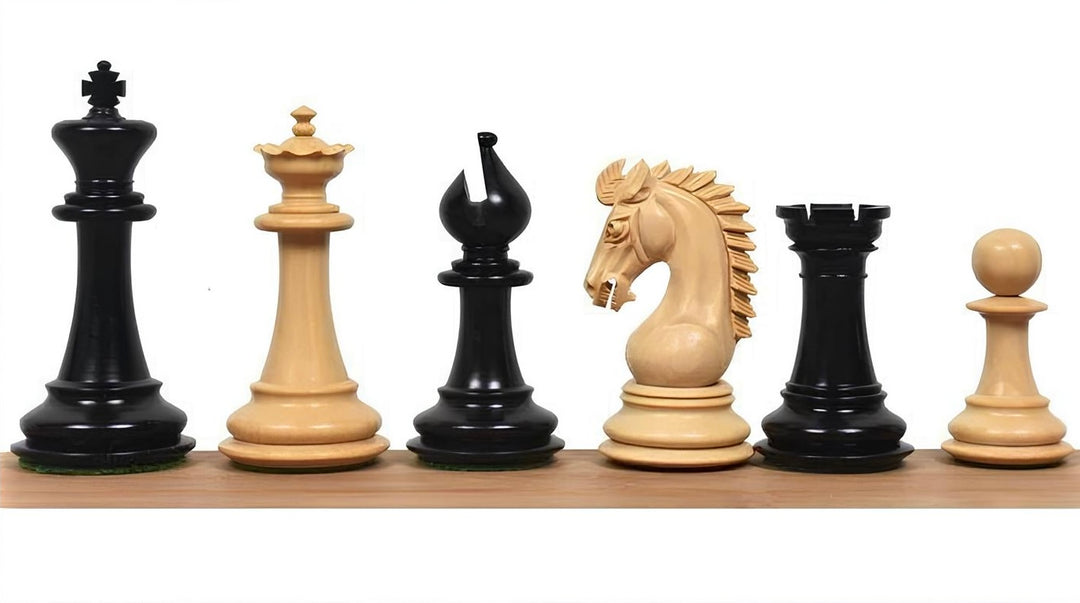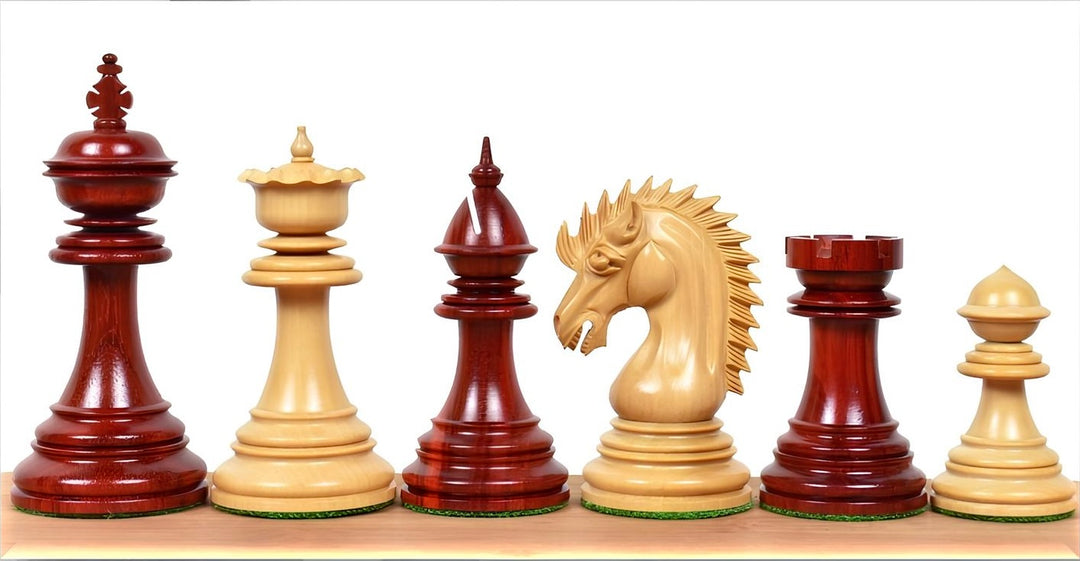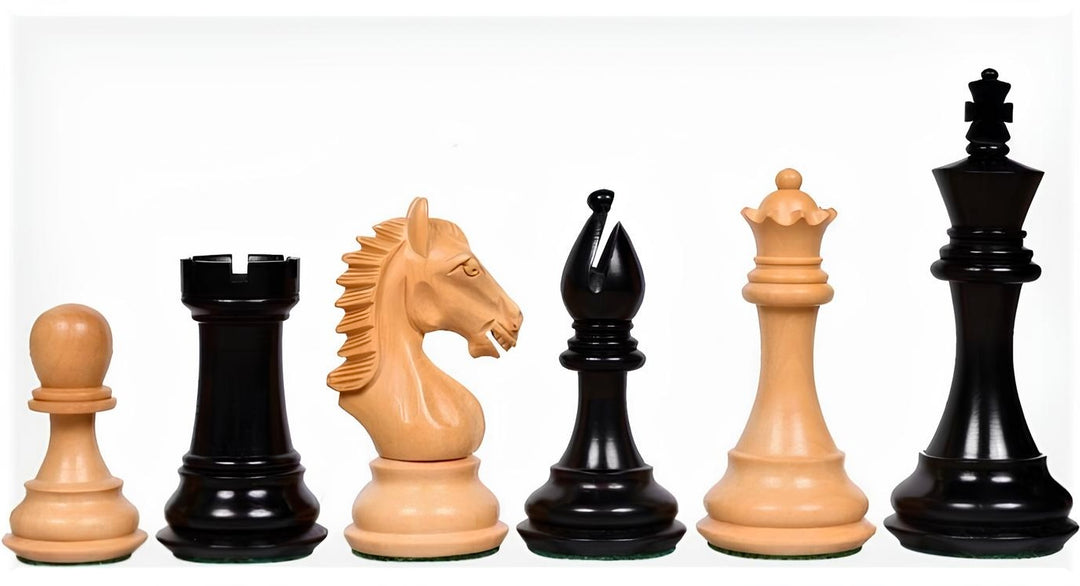Chess, one of the oldest and most complex board games, is renowned not only for its enduring appeal and depth of strategy but also for its ability to facilitate cognitive development in individuals of all ages. This article explores how engaging in the game of chess can foster various psychological skills, including problem-solving, enhanced memory, and improved strategic thinking.
Critical Thinking and Problem-Solving
One of the primary cognitive benefits derived from playing chess is the enhancement of critical thinking and problem-solving skills. Chess requires players to anticipate and evaluate multiple possibilities and outcomes. It encourages a systematic approach to problem-solving, whereby players must consider both short-term tactics and the long-term consequences of their moves. This dynamic aspect of chess helps to cultivate a mindset that, once developed, can be applied effectively to everyday life challenges.
Memory Improvement
Chess also plays a significant role in improving memory. A proficient chess player, for instance, must remember the rules for each piece's movement, recall the strategies and counterstrategies used in past games, and retain a sharp memory of the positions of all pieces on the board throughout the game. This exercise of memory not only enhances short-term memory recall but can also contribute to better long-term memory stability.
Enhanced IQ and Academic Performance
Studies have shown that regular chess players often exhibit higher levels of intelligence quotient (IQ) compared to non-players. Chess involves the use of various cognitive processes like logical reasoning, pattern recognition, and concentration, all of which are measured in traditional IQ tests. Furthermore, the skills developed in chess have been linked to improved academic performance, particularly in mathematics, science, and languages, owing to the enhanced cognitive abilities and critical thinking skills.
Emotional Intelligence
Playing chess can also bolster emotional intelligence skills, such as patience, discipline, and perseverance. Through chess, players experience both successes and failures, learning how to manage their emotions, developing resilience, and understanding the importance of graceful defeat. Moreover, chess requires the constant evaluation of one's own strategy and the opponents', fostering empathy and the ability to view situations from someone else’s perspective.
Strategic Planning and Foresight
Chess is a forward-thinking game that demands not only immediate but also future-oriented strategizing. Players must plan several moves ahead, considering various potential responses from their opponent. This kind of strategic planning enhances cognitive flexibility and foresight, teaching players to evaluate future consequences of their actions, a skill that proves invaluable in personal and professional decision-making.
Attention to Detail and Concentration
The complexity and the intricate nature of chess necessitate a keen attention to detail and high levels of concentration. During a game of chess, a single oversight can cost a player the game, hence, meticulous attention and sustained concentration are essential. These skills, honed through chess, translate effectively to other academic and professional areas where precision and focused attention are crucial.
Conclusion
The cognitive benefits of chess are vast and can influence various aspects of mental development and functionality. Engaging in chess playing develops critical and analytical thinking, enhances memory, improves strategic planning, fosters emotional intelligence, and sharpens attention, all of which contribute to overall cognitive development. Whether utilized as an educational tool in schools or played recreationally, chess offers numerous cognitive advantages, making it more than just a game, but a form of mental conditioning.
In an ever-evolving cognitive landscape, chess remains a timeless and effective means of enhancing mental capabilities and preparing individuals not only for academic success but for complex life decisions and strategies as well. Explore our large collection of luxurious chess sets!























































Leave a comment